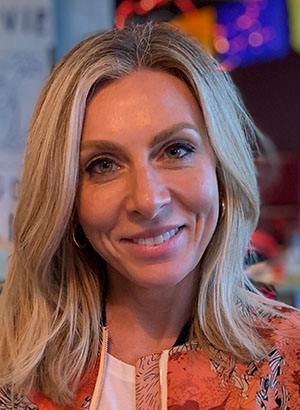-
-
- Standards Committee
- Advancement of the Professions Committee
- Audit and Risk Committee
- Education Committee
- Disciplinary Committee
- Charter Case Committee
- Preliminary Investigation Committee and Disciplinary Committee Liaison Committee
- Registration Committee
- Preliminary Investigation Committee
- Paper classification: some definitions
-
-
-
-
- About extra-mural studies (EMS)
- EMS requirements
- Information for vet students
- Information for EMS providers
- Information for vet schools
- Temporary EMS requirements
- Practice by students - regulations
- Health and safety on EMS placements
- EMS contacts and further guidance
- Extra-mural studies fit for the future
-
-
- Code of Professional Conduct for Veterinary Surgeons
- Code of Professional Conduct for Veterinary Nurses
- Contact the Advice Team
- XL Bully dog ban
- 'Under care' - guidance
- Advice on Schedule 3
- Controlled Drugs Guidance – A to Z
- Dealing with Difficult Situations webinar recordings
- FAQs – Common medicines pitfalls
- FAQs – Routine veterinary practice and clinical veterinary research
- FAQs – Advertising of practice names
- GDPR – RCVS information and Q&As
-
- Accrediting veterinary degrees
- Accrediting veterinary nursing qualifications
- Reasonable adjustments for student vets
- Health and disability in veterinary medicine study and practice
- The role of the veterinary schools and the RCVS
- Reasonable adjustments and the Equality Act 2010
- Reasonable adjustments and Day One Competences
- Examples of reasonable adjustments for vet students
- Annex
- Reasonable adjustments for student vets - summary
- Reasonable adjustments for student veterinary nurses
- Health and disability in veterinary nurse education and training
- Reasonable adjustments for students and the UK disability discrimination legislation
- Educational assessment of veterinary nurses
- Roles of key stakeholders in the application of reasonable adjustments
- Examples of reasonable adjustments for vet nurse students
- Embracing reasonable adjustments for student vet nurses - summary
- External review of the RCVS by ENQA
- Requirements for remote and online student assessments
Top tips to prepare your practice for a PSS assessment
 In this article Alice Duvernois (pictured), the Lead Assessor for the Practice Standards Scheme (PSS), gives her top tips for helping practices prepare for an upcoming assessment via the Scheme.
In this article Alice Duvernois (pictured), the Lead Assessor for the Practice Standards Scheme (PSS), gives her top tips for helping practices prepare for an upcoming assessment via the Scheme.
Tip 1: Get the whole team involved
It’s always a good idea to have a designated PSS lead, but to make the preparation process more manageable, consider creating champions within your team. Assign specific modules to team members based on their expertise and roles - members of the nursing team might take on the Dentistry, Surgery, Anaesthesia, Nursing, and Lab sections. Your Radiation Protection Supervisor could lead the Diagnostic Imaging module and, if you have a Practice Manager, they might be best placed to focus on the Practice Team module. Where possible, try to ensure these team members are available on the day of the assessment, and let your assigned assessor know when they will be free for questions.
Tip 2: Understand and prioritise the standards
The PSS consists of up to 19 modules of varying sizes. Some modules, such as Diagnostic Imaging, Medicines and Practice Team, deserve more focus due to the number of regulatory requirements they contain. If you’re short on time, Medicines (Module 10) should take priority to ensure you’re complying with the Veterinary Medicines Regulations (VMRs).
Tip 3: Don’t leave it to the last minute
Treat the preparation for PSS like a project, aiming for a minimum of three months’ preparation. Break the time into monthly segments and list specific activities you want to accomplish in these time periods. Visual trackers and spreadsheets are a great way to keep your team aware of your progress and any outstanding tasks.
Tip 4: PSS is not a pass/fail exam
The assessment process isn’t a box ticking exercise, but a quality audit of your ways of working. It’s a means to acknowledge and celebrate all the excellent work carried out within your veterinary practice. Use this valuable opportunity to uncover any blind spots and continually improve the way you operate. Once the assessment day is complete, you’ll receive a report detailing the areas that need improvement and a timeframe to provide the evidence needed to comply.
Remember: preparing for your PSS assessment doesn’t need to be stressful. By planning ahead and getting your team involved, you can use this as a chance to showcase the outstanding work your practice does.
September 2025